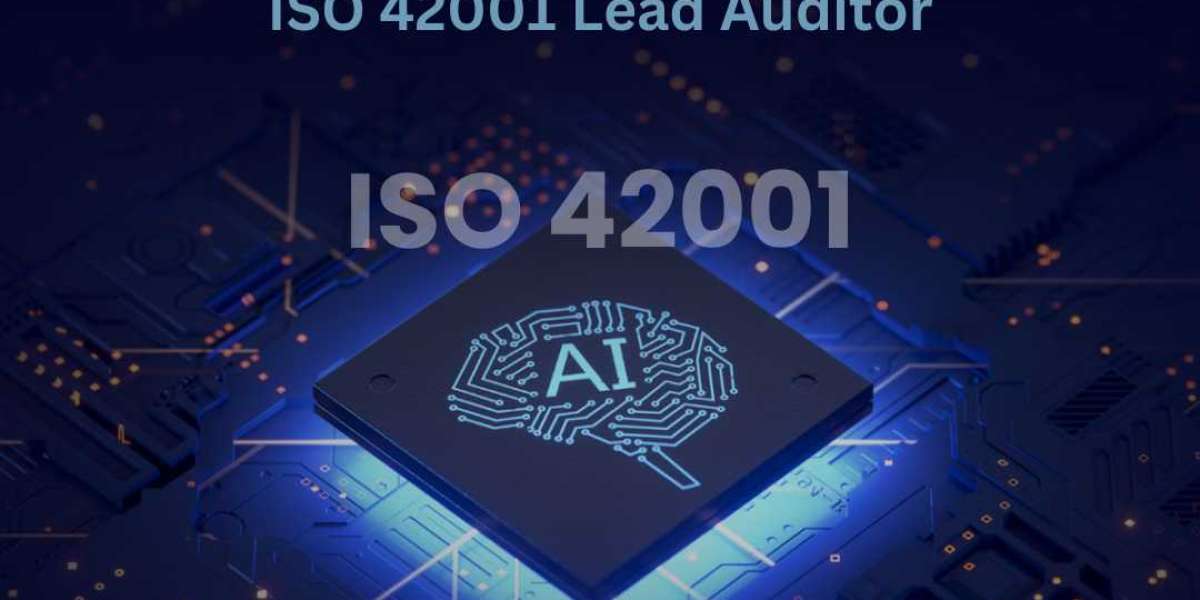ISO 42001 Lead Auditor certification isn’t just a checkbox—it’s a strategic asset that reinforces your AI ecosystem against emerging security threats. By implementing this standard, organizations build a defensible, transparent, and accountable AI environment—ensuring long-term trust, safety, and compliance in an AI-driven future.
As organizations embrace artificial intelligence, the demand for professionals who can audit, manage, and ensure compliance with AI governance frameworks like ISO 42001 is rapidly increasing. To become an effective ISO 42001 Lead Auditor, you’ll need a mix of technical, analytical, regulatory, and soft skills. Here’s a detailed breakdown of the essential skills required:
- Knowledge of ISO 42001 certification and AI Governance Frameworks
You must understand:
- The architecture, clauses, and intentions of the ISO 42001 standard
- Key AI governance values like transparency, accountability, equity, and risk-based checks and balances
- Interpretation of the Annex SL approach applied in ISO Management System Standards
- Auditing Methods and Techniques
As a lead auditor, you should be able to:
- Plan, conduct, and report audits as per ISO 19011 (management system auditing guidelines)
- Carry out risk-based audits
- Detect nonconformities, potential threats, and opportunities for improvement
You must also be skilled in internal and external audit life cycles — preparation through follow-up.
- AI Technologies Knowledge
Basic to intermediate level of knowledge in AI concepts enables you to:
- Evaluate the way AI systems are designed and implemented
- Know AI-specific threats such as bias, unexplainability, or data abuse
- Talk effectively to technical teams
Though you are not required to be a data scientist, exposure to machine learning, automation, and data processing is helpful.
- Risk Management Expertise
ISO 42001 is risk-driven. You’ll need skills in:
- Identifying AI-related risks (e.g., reputational, ethical, operational)
- Applying ISO 31000 risk management principles
- Prioritizing and mitigating risks within an AI lifecycle
- Regulatory and Compliance Awareness
With global AI regulations on the rise (EU AI Act, NIST AI RMF, etc.), a good auditor should:
- Stay current on AI laws and ethical standards
- Align organizational practices with both regulatory requirements and ISO 42001 principles
This positions you as a compliance department strategic partner.
- Analytical and Critical Thinking
AI systems are intricate. You need to:
- Assess gaps, determine root causes, and measure control effectiveness
- Examine documentation, procedures, and technical logs with logical, detail-based thinking
Powerful analytical ability guarantees efficient and unbiased audits.
- Communication and Leadership
As a Lead Auditor, you will engage with:
- AI teams, senior managers, compliance officers, and suppliers
- Stakeholders who have to comprehend your audit results and suggestions clearly
You must:
- Write concise reports
- Lead audit teams
- Facilitate discussions and presentations with clarity and professionalism
- Ethical Judgment and Integrity
ISO 42001 emphasizes responsible AI. You’ll be expected to:
- Maintain objectivity, impartiality, and ethical judgment
- Handle sensitive AI-related information with confidentiality and discretion
Being an ISO 42001 Lead Auditor is not simply certification — it's about gaining mastery of a sound set of skills that blend AI knowledge, audit skill, risk assessment, and ethical sense. Such capabilities allow you to assist organizations in implementing reliable, compliant, and secure AI systems — a role of significance in the digital age of today.











